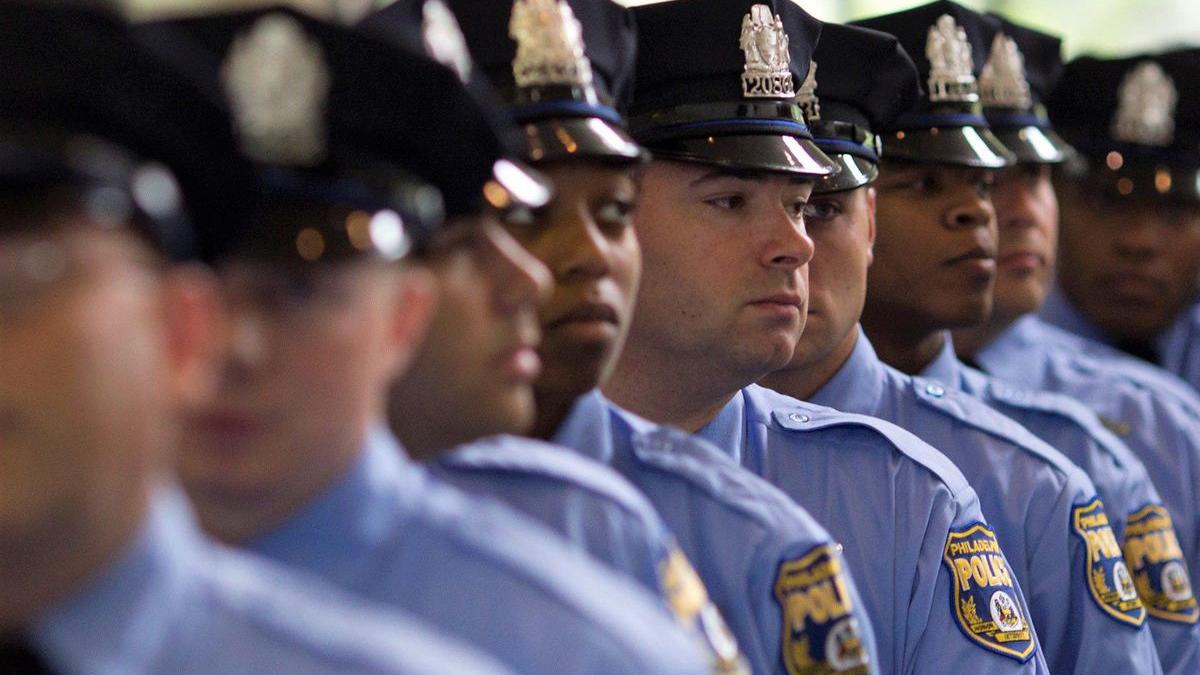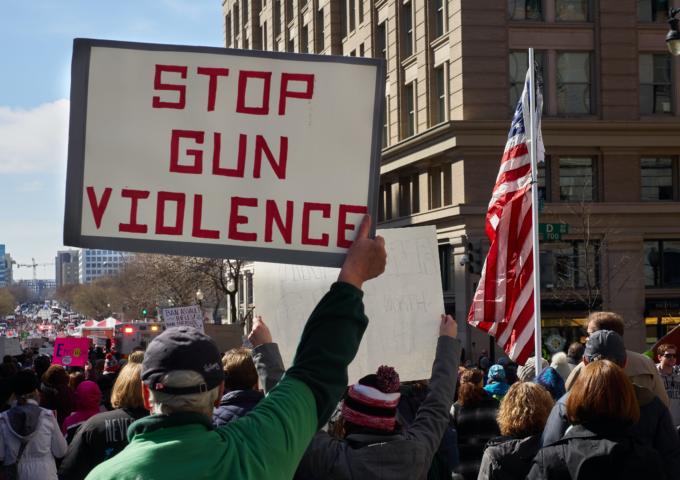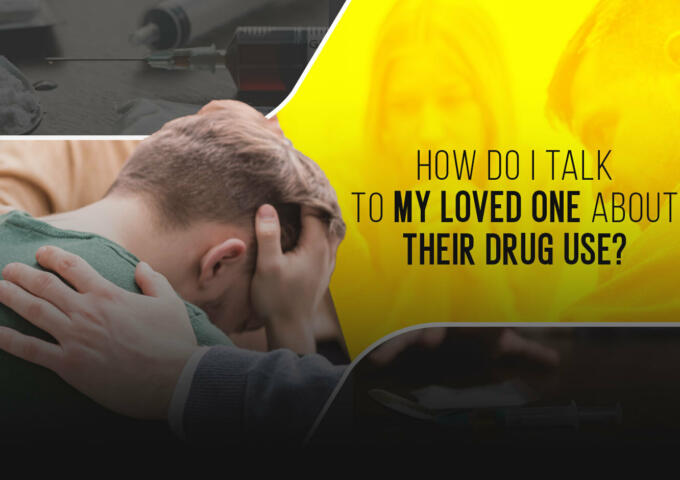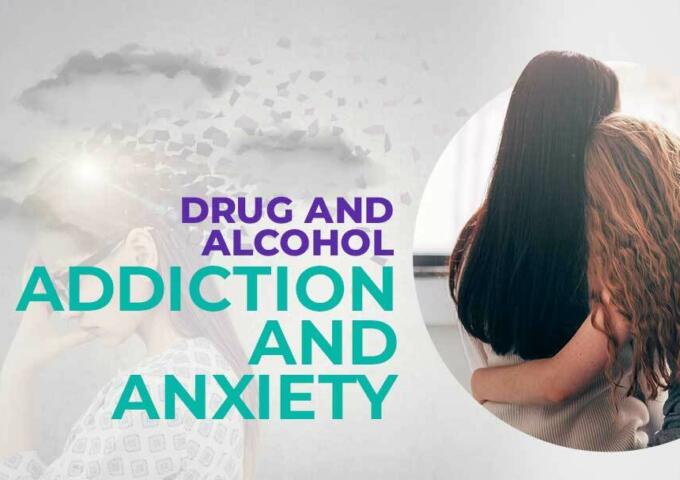Police reformation is one of the most important topics right now, but to listen to discussions on how to effectively reform the culture is, frankly, all over the place.
There’s obvious confusion about what “defund the police” really means and how “defund” doesn’t necessarily mean fewer cops on the street, that by all accounts it just alludes to additional social supports for routine calls that cops may respond to. However, we all know that’s not easy to ascertain from the political advertisements, which show sheer mayhem and anarchy with no response from dispatch teams.
My personal favorite is the one of the older white lady who hears someone trying to break into her home. As she tries to call for help, she gets a bot telling her no one is there to assist, just before the burglar gains entry and attacks her. The fact that there is blatant fear-mongering at the notion of defunding police departments popping up in between your favorite show’s three-minute commercial break, how is one supposed to get educated on what “defund the police” actually means?
“We have one guy, his locker is like three down from mine, and I hear him on the phone referring to people as ‘ghetto trash,’ or ‘hoodrats,’ … [but] for every guy like him … there are three times as many officers who go about this job looking to help, looking to do our job the right way. But how do you prove that to people who see you and it’s negative, right from the jump?”
– philadelphia police officer under condition of anonymity
In Philadelphia, the fracturing between our force and residents is so heightened it led to the resignation of the city’s managing director, who admittedly “underestimated” people’s anger that he felt he wasn’t qualified to handle the problem. Admittedly, I don’t really know who would be. People would suggest that a person of color would be a great start, but I really don’t think race plays a role in any of this. Philadelphia has always been a city hamstrung by immovable forces that don’t have to play nice if they don’t want to.
One of those forces is the Fraternal Order of Police, which, led by John McNesby, isn’t going to change or modify the way it’s been for decades. Despite all of the lip service that arrives from the organization, it’s one that looks out for officers first, not residents’ concerns about said officers. By its very makeup, it doesn’t have to, but that’s also magnified by a group you watch give support by way of standing ovation to an officer who maliciously clubbed a Temple student in Rittenhouse Square on his way to turn himself in.
If that is how that situation is viewed, do you really think the FOP gives AF about changing/improving/strengthening relationships between cops and city residents? Especially when a lot of the police within its auspices also buy into the fear-mongering rhetoric in those ad campaigns?
“This uniform has never made someone feel safe when you roll up in my district. Right off the bat I roll up, lights flashing and jump out as a white cop in this uniform, I’m the enemy … People just don’t trust us, and I mean I get it, but we still have a job to do whether they like how we go about it or not.”
– philadelphia police officer under condition of anonymity
I also see the side of police, as I’ve mentioned before in previous columns that I have two friends on the force here in the city and I’ve heard the shit they see and have to deal with on the streets. It’s easy to get jaded and group a certain race of people into the same boat or just assume that this is what it’s like in certain pockets of the city. Fortunately, these two friends of mine happened to be educated enough to also look at the little by way of support there is for people in these underserved communities and how, when the police go in, it’s a lose-lose situation off the bat.
“This uniform has never made someone feel safe when you roll up in my district,” my one friend said. “Right off the bat I roll up, lights flashing and jump out as a white cop in this uniform, I’m the enemy. I’m not saying that’s how everyone feels, but it’s how a lot of people feel. I’ve lost count how many times I’ve been called a ‘dirty pig,’ it’s almost to be expected. People just don’t trust us, and I mean I get it, but we still have a job to do whether they like how we go about it or not.”
On the flip side, though, he also noted that there are guys on his own force who don’t provide any favors in changing the notion.
“We have one guy, his locker is like three down from mine, and I hear him on the phone referring to people as “ghetto trash,” or “hoodrats,” he continued. “I mean, real talk, if that’s the way you go into your shift, if that’s your mentality to the job, then how can you see people and situations for what they are and not just assume because someone is poor they’re not worthy of the same respect?”
But he also made a good point that should be noted:
“What’s hard to explain to people is that for every guy like him, and there are a lot of cops across the city that feel this way, there are three times as many officers who go about this job looking to help, looking to do our job the right way. But how do you prove that to people who see you and it’s negative, right from the jump?”





